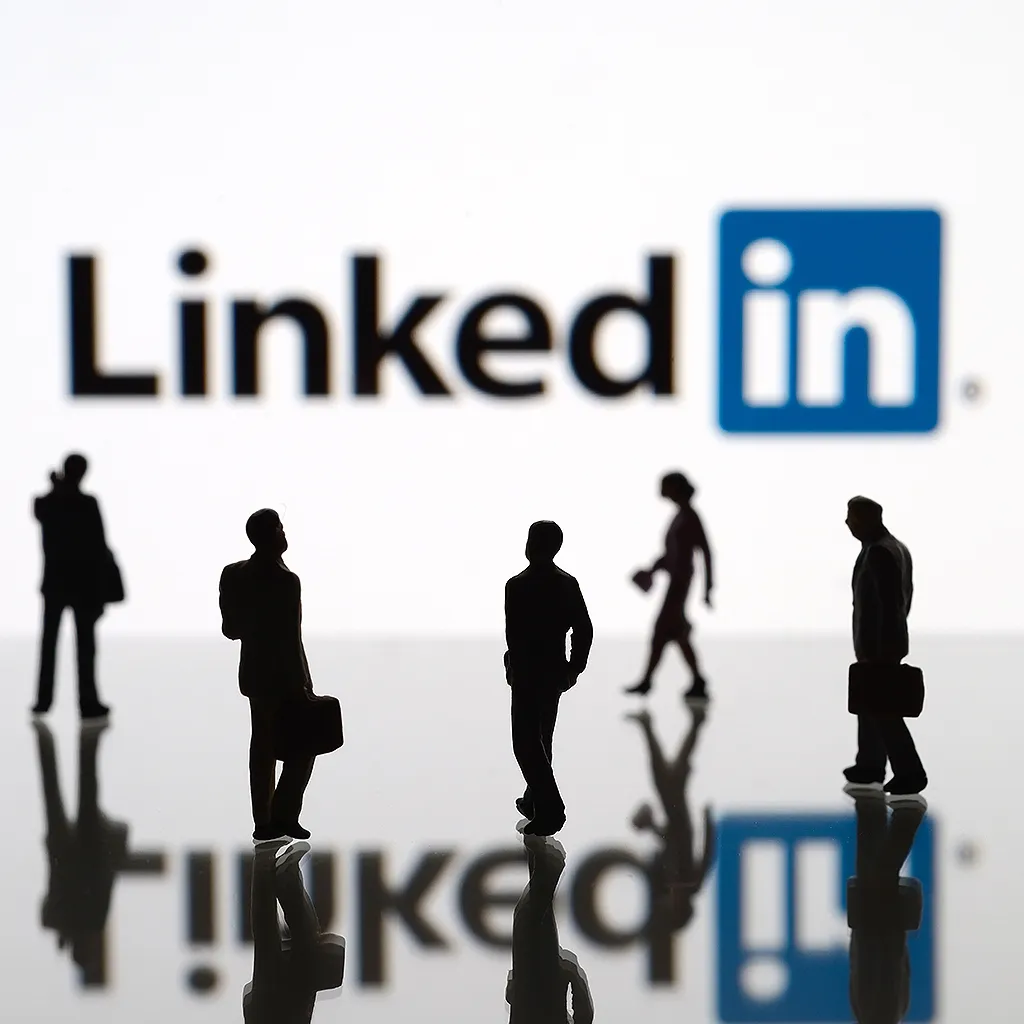LinkedIn, the professional networking platform owned by Microsoft, is under legal scrutiny following allegations that it used user data to train artificial intelligence (AI) models without obtaining proper consent. The lawsuit raises critical questions about data privacy, ethical AI development, and the responsibilities of tech companies in handling user information.
The Allegations
The lawsuit claims that LinkedIn collected and utilized publicly available and private user data to train its AI algorithms, potentially including:
- Public Profiles:
- Information such as job titles, employment history, and skills that users display on their profiles.
- Private Communications:
- Allegations suggest that private messages and other non-public data might have been accessed without explicit consent.
- Activity Data:
- User behaviors, including post engagements and profile views, may have been analyzed to refine AI models.
LinkedIn’s Position
LinkedIn has denied the allegations, stating that its use of user data complies with its privacy policy and applicable laws. The company asserts:
- Transparency:
- User agreements outline how data is collected and utilized, including potential use in improving LinkedIn’s services.
- Consent:
- LinkedIn emphasizes that users agree to these terms upon joining the platform.
Legal and Ethical Implications
The case underscores broader concerns about how companies use personal data to train AI systems, particularly in the absence of clear regulatory frameworks:
- Data Ownership:
- Who owns the data users provide to platforms, and to what extent can companies repurpose it for AI development?
- Informed Consent:
- Critics argue that most users are unaware their data could be used for purposes beyond the platform’s core services.
- Privacy Violations:
- If private data was accessed, LinkedIn could face severe penalties under laws like the General Data Protection Regulation (GDPR) and the California Consumer Privacy Act (CCPA).
Potential Consequences for LinkedIn
Should the allegations be substantiated, LinkedIn could face:
- Financial Penalties:
- Significant fines under data protection laws, potentially reaching millions of dollars.
- Reputational Damage:
- A loss of trust among users and professionals who rely on the platform for networking and career development.
- Regulatory Oversight:
- Increased scrutiny from regulators and lawmakers seeking to establish clearer rules for AI training and data use.
Broader Industry Impact
This case could set a precedent for how tech companies handle user data in the age of AI:
- Stricter Regulations:
- Governments may introduce more stringent policies to govern data use for AI training.
- Transparency Standards:
- Companies might be required to disclose AI-related data practices more explicitly.
- User Empowerment:
- Increased demand for tools that allow users to control how their data is used.
Conclusion
The lawsuit against LinkedIn highlights the growing tensions between AI innovation and data privacy. As the legal proceedings unfold, they could shape the future of data governance and ethical AI development, forcing companies to rethink how they balance technological advancement with user trust.
For more information, visit Reddit.





